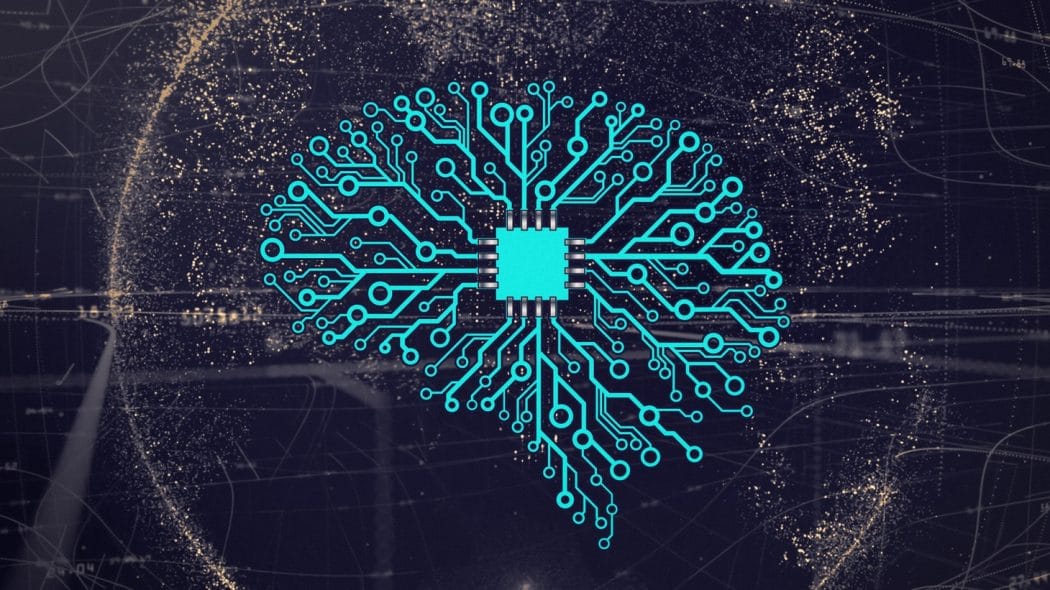
AI-Powered Customer Service: Building Brand Loyalty with Personalized Experiences
In today’s fast-paced digital world, customers expect nothing short of exceptional service from brands. They want their interactions to be seamless, efficient, and most importantly, personalized. This is where AI-powered customer service comes in, revolutionizing the way businesses engage with their clientele and fostering brand loyalty like never before.

The Power of Personalization
Personalization is the cornerstone of building strong customer relationships. When customers feel seen, heard, and understood, they are more likely to develop an emotional connection with a brand. AI enables businesses to gather and analyze vast amounts of customer data, including their preferences, purchase history, and browsing behavior. Armed with these insights, companies can tailor their interactions to each individual, delivering recommendations, offers, and solutions that resonate on a personal level.
Enhancing Customer Service with AI
AI-powered customer service tools are transforming the customer experience across various touchpoints. Let’s delve into some key applications:
- Chatbots and Virtual Assistants: Chatbots and virtual assistants are becoming increasingly sophisticated, capable of handling a wide range of customer inquiries, from answering FAQs to resolving simple issues. They offer 24/7 support, ensuring that customers receive assistance whenever they need it. With natural language processing capabilities, these AI tools can understand and respond to customer queries in a conversational manner, making interactions feel more human-like.
- Personalized Recommendations: AI algorithms can analyze customer data to offer personalized product or service recommendations. By understanding individual preferences and past behavior, businesses can suggest items that customers are more likely to be interested in, leading to increased sales and customer satisfaction.
- Proactive Customer Service: AI enables companies to anticipate customer needs and proactively address potential issues. By analyzing customer data and identifying patterns, businesses can reach out to customers before they even realize they have a problem. This proactive approach demonstrates a commitment to customer care and can prevent minor issues from escalating into major complaints.
- Sentiment Analysis: AI can analyze customer feedback, reviews, and social media posts to gauge sentiment and identify potential areas for improvement. This allows businesses to address customer concerns promptly and make necessary changes to enhance their products or services.
The Benefits of AI-Powered Customer Service
The adoption of AI in customer service offers numerous benefits for businesses:
- Improved Customer Satisfaction: Personalized experiences and efficient support lead to happier customers.
- Increased Efficiency: AI automates routine tasks, freeing up human agents to focus on more complex issues.
- Cost Savings: AI can handle a large volume of inquiries simultaneously, reducing the need for a large customer service team.
- Enhanced Brand Loyalty: When customers feel valued and receive exceptional service, they are more likely to remain loyal to a brand.
- Competitive Advantage: AI enables businesses to deliver innovative and personalized experiences that set them apart from the competition.
Implementing AI in Customer Service
To successfully implement AI in customer service, businesses should consider the following:
- Start with a clear strategy: Define your goals and identify the areas where AI can have the most impact.
- Choose the right AI tools: Select tools that align with your business needs and integrate seamlessly with your existing systems.
- Train your AI models: Provide your AI tools with relevant data and continuously refine their algorithms to improve performance.
- Maintain a human touch: While AI can automate many tasks, it’s important to maintain a human touch in customer interactions. Ensure that customers have the option to connect with a live agent when needed.
The Future of AI in Customer Service
The future of AI in customer service is bright. As technology continues to advance, we can expect even more sophisticated AI tools that can understand and respond to customer emotions, offer hyper-personalized experiences, and seamlessly integrate with other business functions.
Conclusion
AI-powered customer service has the potential to revolutionize the way businesses interact with their customers. By leveraging AI to deliver personalized experiences, companies can foster stronger customer relationships, drive loyalty, and gain a competitive edge in the market. Embracing AI in customer service is no longer an option but a necessity for businesses that want to thrive in today’s digital age.

